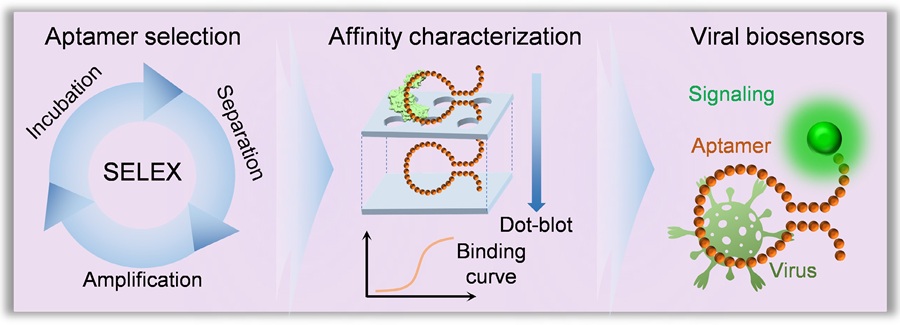Viral DNA Extracted from Histology Specimens
By LabMedica International staff writers
Posted on 02 Aug 2011
DNA from archived formalin-fixed, paraffin-embedded (FFPE) tissues can be used for papillomavirus genotyping, but there are potential problems.Posted on 02 Aug 2011
These problems for genotyping of the Human papillomavirus (HPV), include paraffin as a physical barrier, DNA cross-linking, and inhibitors of the polymerase chain reaction (PCR).
Investigators at the US Centers for Disease Control and Prevention (CDC; Atlanta, GA, USA) extracted DNA from 10-μm sections from 150 FFPE cancer samples. They combined a commercially available DNA isolation kit, the DNeasy blood and tissue kit, with a heat treatment and evaluated the resulting DNA with regards to HPV typing. Paraffin was removed by xylene and tissue lysed at 56 °C. A second section was directly incubated at 120 °C and subsequently lysed at 65 °C. After spin-column purification, both extracts were tested with a linear array HPV genotyping assay. Cellular DNA yield, HPV16 DNA copies, and PCR inhibitors were assessed by quantitative real-time PCR (qPCR) assays.
Inadequate linear array HPV genotyping assay results were significantly more frequent in xylene-treated than in heat-treated extracts. HPV detection also differed, with 94/150 (62.7%) positives in the xylene treated and 110/150 (73.3%) positive results in the heat-treated extracts. The heat method also yielded 8.2-fold more PCR-amplifiable cellular DNA and 6.5-fold more HPV16 copies, although PCR inhibitors also had a greater effect.
The DNeasy blood and tissue kit used in the study is a product of Qiagen (Valencia, CA, USA) and some improvements may be due to the increased heat during the proteinase K treatment in the kit, which was previously found more effective for tissue lysis. The improvement might also be due to reversal of formaldehyde-induced cross-linking of nucleic acids through the 120 °C incubation. All qPCR assays were performed in a C1000 thermal cycler with a CFX96 real-time system (Bio-Rad; Hercules, CA, USA). The authors concluded that aggressive heat treatment demonstrated an advantage over traditional xylene purification protocols, resulting in higher DNA yields and increased sensitivity for HPV testing. The study was published on July 4, 2011, in the Journal of Molecular Diagnostics.
Related Links:
US Centers for Disease Control and Prevention
Qiagen













